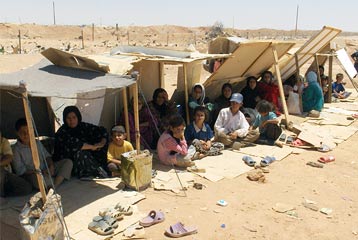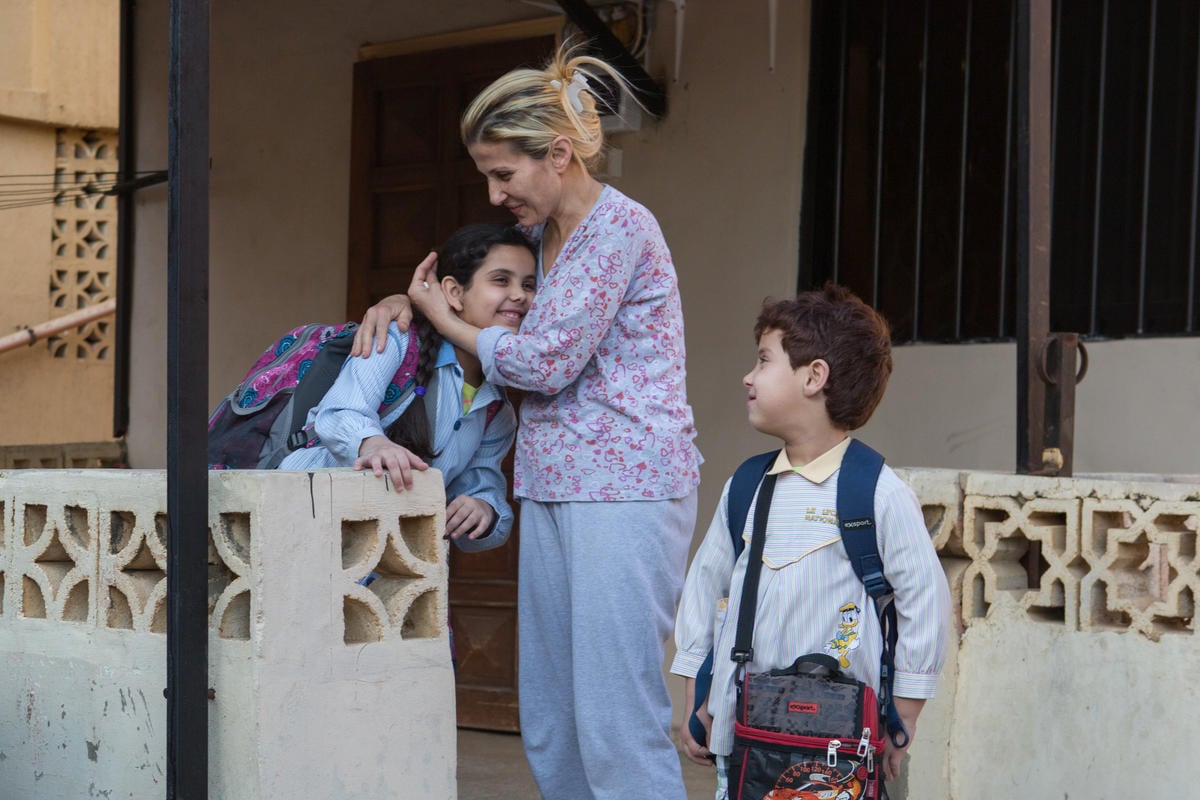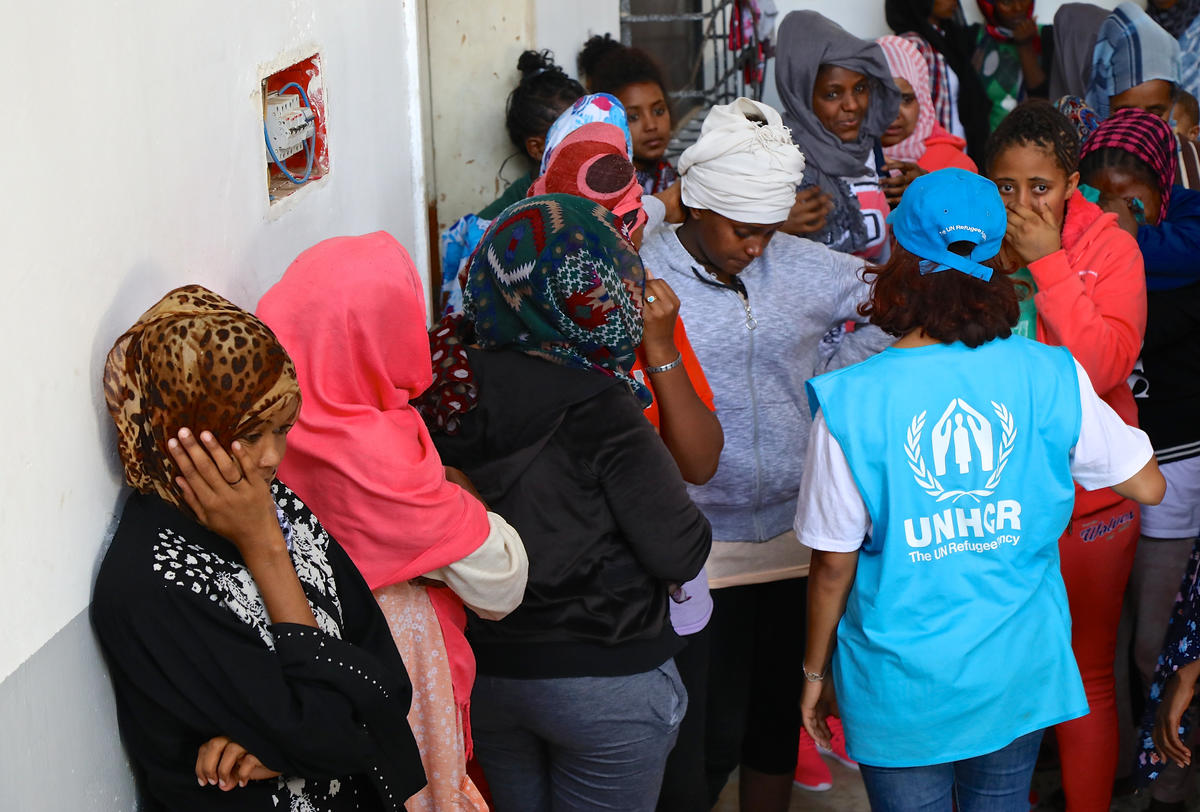UNHCR worried about welfare of Iranian-Kurds on Iraq-Jordan border
UNHCR worried about welfare of Iranian-Kurds on Iraq-Jordan border

GENEVA, July 11 (UNHCR) - UNHCR is increasingly concerned about the health and welfare of a group of 200 Iranian Kurds who have been stranded on the Iraqi side of no man's land at the Iraq-Jordan border since last year.
The Kurds want to be resettled in a third country and have recently become more vocal, staging demonstrations to press their demands and express discontent with their current situation. Three of the refugees have gone on hunger strike in the past two weeks and their health has seriously deteriorated. The refugee leaders have refused UNHCR offers of assistance and medical care, putting the lives of the most vulnerable among them in serious danger.
"We very much regret the fact that a few individuals are putting the whole group at risk," said Emmanuel Gignac, who heads UNHCR's Iraq operations from Geneva. "We fear that a good part of the group is manipulated by a few who do not realize the tragic consequences their uncompromising attitude can have."
The refugees have also been moving towards the Jordanian part of no man's land, angering Jordanian border officials who have told them not to trespass on their side. Last week, the Jordanians felt obliged to remove the Iranian Kurds' demonstration sites.
The Iranian Kurds arrived in no man's land in January 2005. They had spent more than 25 years in the Al-Tash refugee camp in central Iraq, having fled the Iranian Islamic revolution. The group left Al-Tash camp for the border when the security situation around Ramadi seriously deteriorated early last year. Since 2005, the group has put pressure on UNHCR to allow them to enter Jordan and be resettled in a third country, citing the insecurity in Iraq.
"UNHCR staff on the ground have told the refugees repeatedly that UNHCR has been trying, but cannot force the Jordanian authorities to accept them inside Jordan," Gignac said.
"Resettlement is, unfortunately, not something UNHCR can just give away," he said, adding that it was based upon a demonstrated need in the absence of a solution in an asylum country, and was provided at the discretion of resettlement countries who have limited quotas to resettle refugees.
UNHCR last year began offering the group relocation to Kawa settlement in northern Iraq. Some 1,300 Iranian Kurds are presently living in Kawa with UNHCR assistance, receiving food and health care as well as education and other services. Houses are being built on the site and the Erbil Governorate has allowed for the local integration of this group. In all, more than 10,000 Iranian Kurds registered with UNHCR are living in northern Iraq, where their local integration continues to progress without serious security concerns.
UNHCR is still encouraging the group of 200 Iranian Kurds at the Iraq-Jordanian border to go to Kawa as well, but they remain adamant in their refusal to go to northern Iraq and continue pressing for resettlement.








